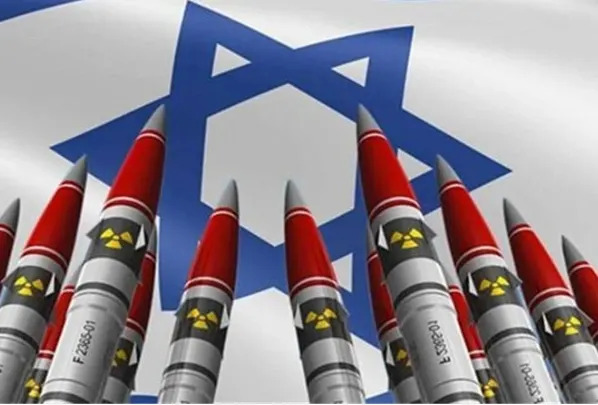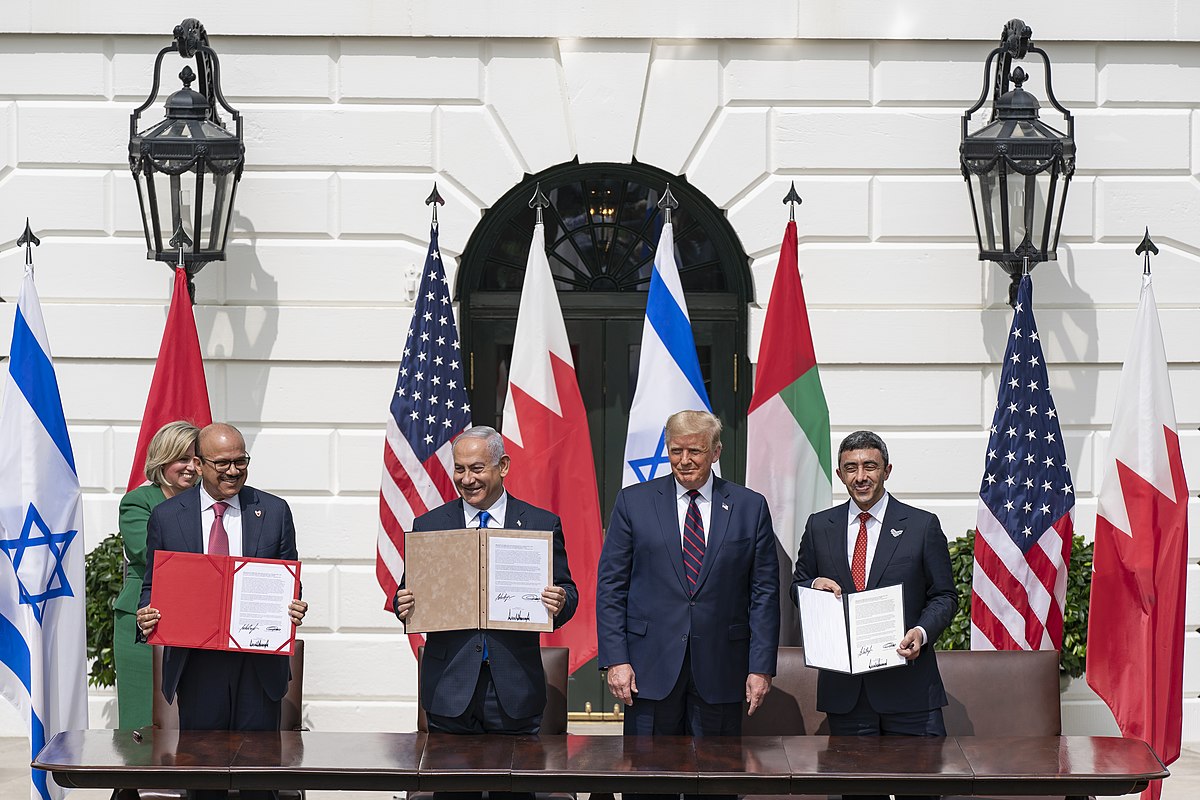Why Did Israel Bomb the Syrian City of Tartus with Tactical Nuclear Weapons?
 summary:
Why Did Israel Bomb the Syrian City of Tartus with Tactical Nuclear Weapons? An Analysis o...
summary:
Why Did Israel Bomb the Syrian City of Tartus with Tactical Nuclear Weapons? An Analysis o... Why Did Israel Bomb the Syrian City of Tartus with Tactical Nuclear Weapons? An Analysis of Strategic Motives and Global Signals
The alleged use of tactical nuclear weapons by Israel on Tartus has sparked widespread attention and controversy. This event has not only shaken the fields of military ethics and international law but also underscored the complexity of Middle Eastern geopolitics. Below, we examine Israel's strategic motives and the far-reaching implications for regional and global dynamics.
Background Analysis
The Strategic Importance of Tartus
Tartus is a crucial Syrian port city and serves as a key Russian military base in the Mediterranean. It is also a logistical hub for the Syrian military. Supported by Iran, the Bashar al-Assad government and its allied militias heavily rely on this region, making it a focal point in Iran's Middle East strategy. Tartus's strategic significance has turned it into a battleground for competing powers.
The Ongoing Syrian War
Since the Syrian Civil War broke out in 2011, the region has become a theater for state and non-state actors vying for influence. During this time, Israel has conducted numerous airstrikes targeting Iranian military assets in Syria to prevent Tehran from establishing a strategic threat near its borders. However, the reported use of tactical nuclear weapons marks a significant escalation in the intensity of this conflict.
Historical Context
Israel's military interventions in Syria are longstanding and primarily aimed at weakening Iranian-backed forces. These interventions have traditionally involved airstrikes and precision operations to reduce the military capabilities of Iran and its proxies (Karmon, 2020). The use of tactical nuclear weapons, however, goes beyond conventional strategies, raising serious concerns about regional security and international legal norms.
Reasons Behind Israel's Actions
1. Enhancing Deterrence
Israel may seek to reinforce its deterrence by demonstrating its willingness to use extreme measures. Deploying tactical nuclear weapons sends a clear message: Israel is prepared to take all necessary actions to safeguard its national security. This "shock and awe" strategy could aim to force Iran to reconsider its military investments in Syria (Morris, 2023).
2. Targeting Iran’s Supply Networks
Iran has established a land corridor spanning Iraq, Syria, and Lebanon to transport weapons and supplies to its proxy forces, such as Hezbollah (Sullivan, 2021). Bombing Tartus could be an attempt to sever this logistical network, thereby reducing Iran’s influence and military capabilities in the region.
3. Addressing Regional Threats
The Assad regime and its allies have been advancing missile production and deployment capabilities, while Iranian-backed militias have become increasingly active near Israel’s borders (Oren, 2022). Israel’s actions may be a direct response to these escalating threats, signaling a zero-tolerance approach toward any developments that jeopardize its security.
4. Sending Signals to Global Powers
The attack might also serve as a signal to global powers such as the United States and Russia. To the U.S., it underscores Israel’s resolve, possibly pushing Washington to intensify sanctions and strategic containment of Iran (Cohen, 2023). To Russia, the move could challenge Moscow’s influence in Syria and the broader Middle East, potentially giving Israel more leverage in diplomatic negotiations with these powers.
Global Impact and Consequences
1. A Blow to International Law
The use of tactical nuclear weapons directly challenges International Humanitarian Law (IHL) and the laws of war. International treaties impose stringent restrictions on nuclear weapon use, and Israel’s actions could invite global condemnation, spurring calls for stricter controls and accountability (Greenwood, 2021). This incident highlights the fragility of international norms in the face of national interests.
2. Heightened Risk of Nuclear Proliferation
Israel’s actions could provoke other Middle Eastern nations to pursue nuclear capabilities, fueling a regional arms race (Parasiliti, 2022). Countries like Saudi Arabia and Turkey may justify nuclear development as essential for their national security, further destabilizing the region.
3. Shifting Geopolitical Dynamics
The bombing not only escalates tensions in the Middle East but also has the potential to redefine the region’s power dynamics. Long plagued by sectarian divides and power vacuums, the Middle East could see intensified confrontations among neighboring countries due to Israel’s aggressive military strategy. Any miscalculation could significantly heighten the risk of broader conflict (Al-Qassem, 2023).
4. Disruption of Regional Cooperation
This action might strain Israel’s improving relations with Arab nations. While the Abraham Accords marked progress toward normalization, such an extreme military act could lead to setbacks, prompting some countries to strengthen their opposition to Israel or reverse cooperative engagements.
5. Humanitarian and Environmental Fallout
The nuclear attack on Tartus exposes civilians to long-term health and survival challenges. Environmental contamination and radiation effects may persist for decades, causing catastrophic humanitarian consequences. The devastation could extend beyond Syria, impacting neighboring nations with cross-border fallout.
Keywords
Middle East Conflict, Israel Nuclear Weapons, Syrian War, Iranian Strategy, International Law




